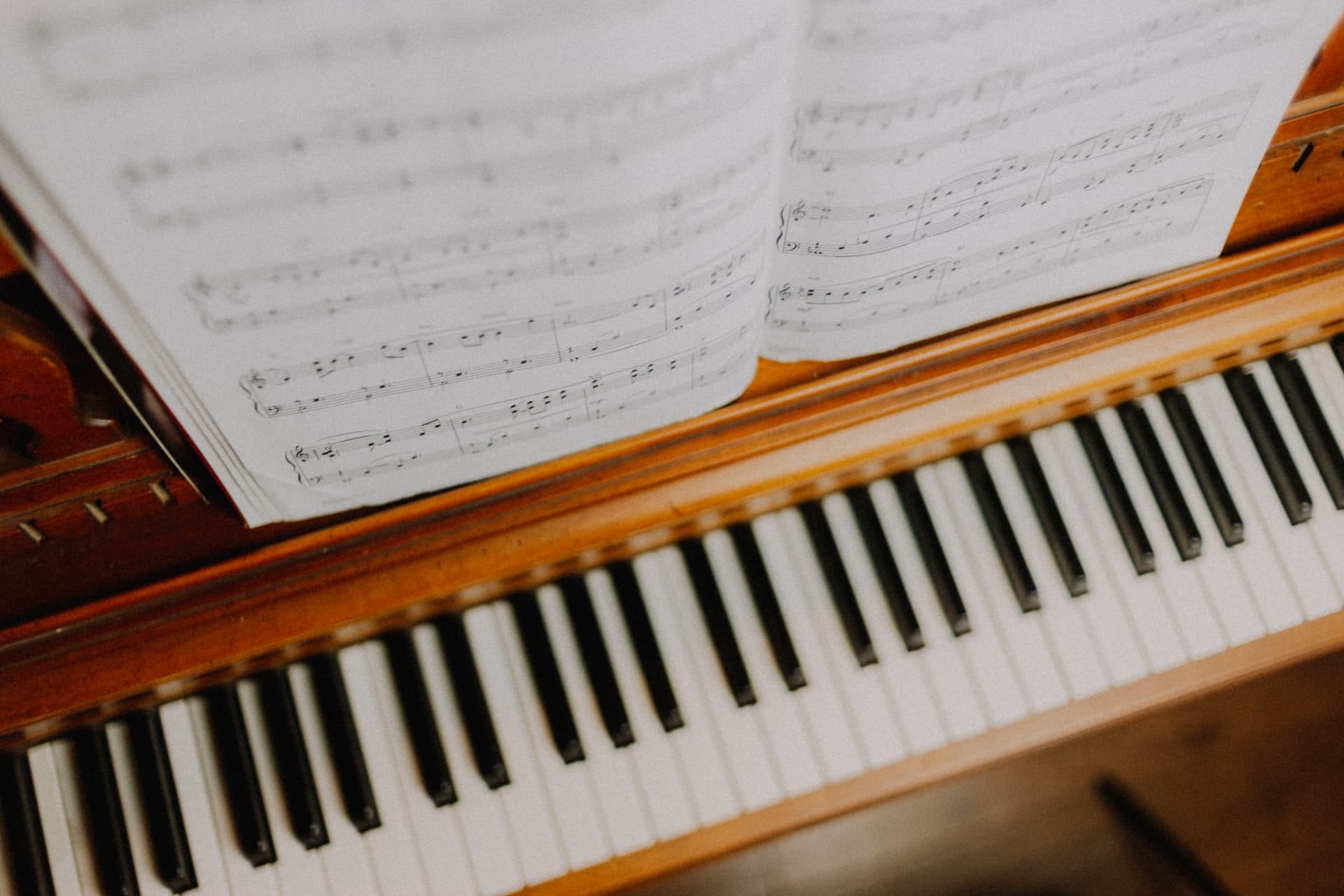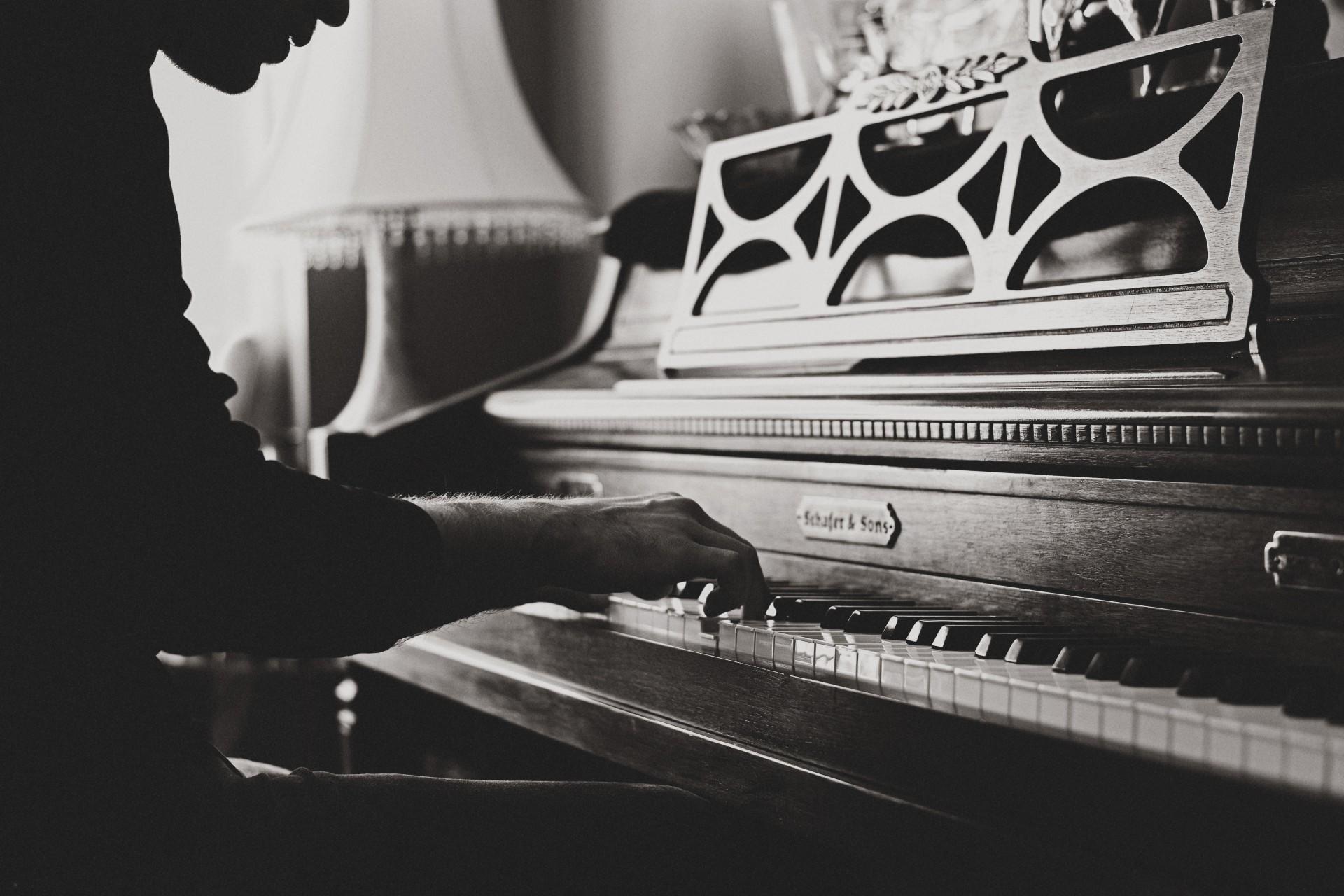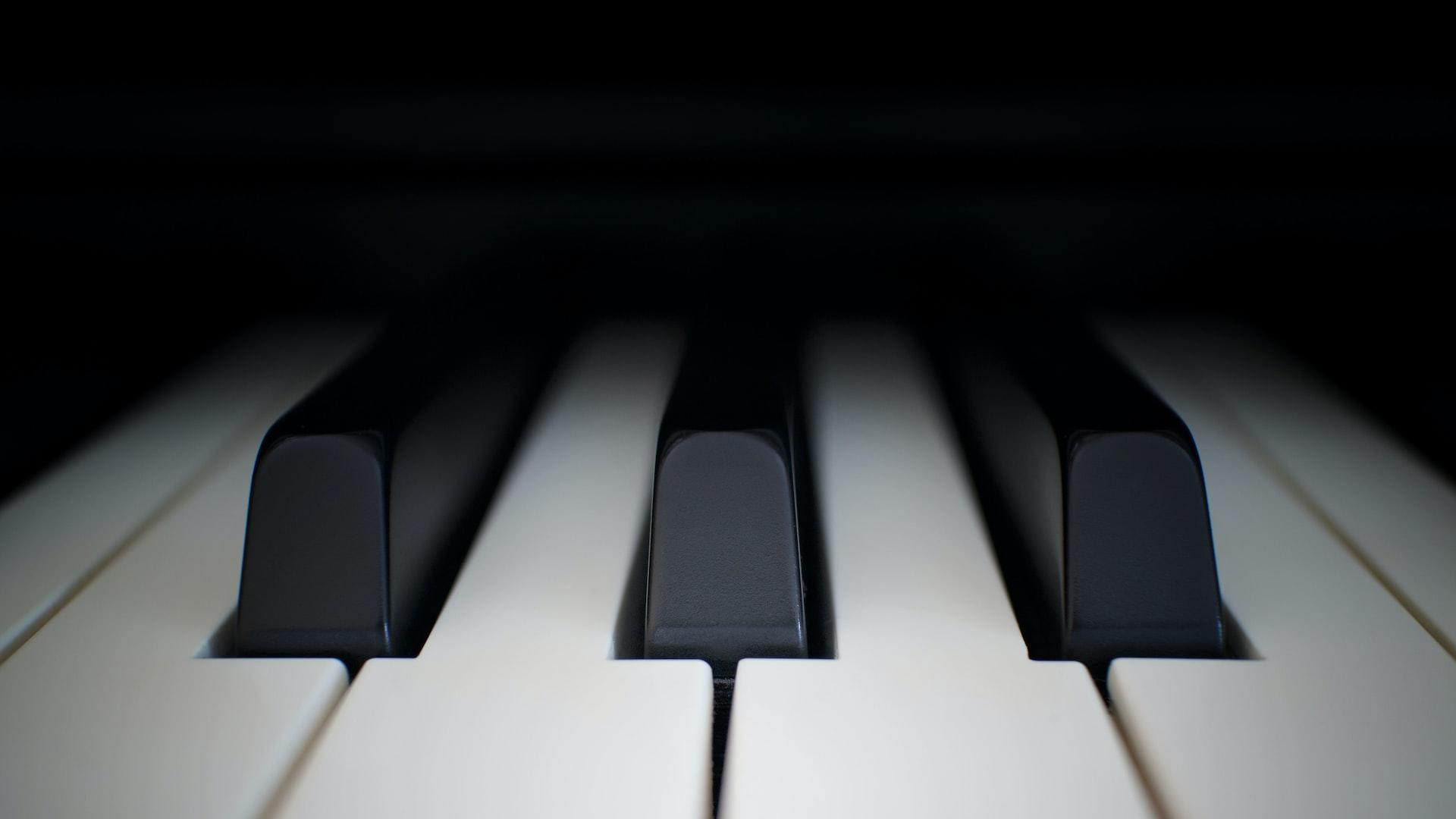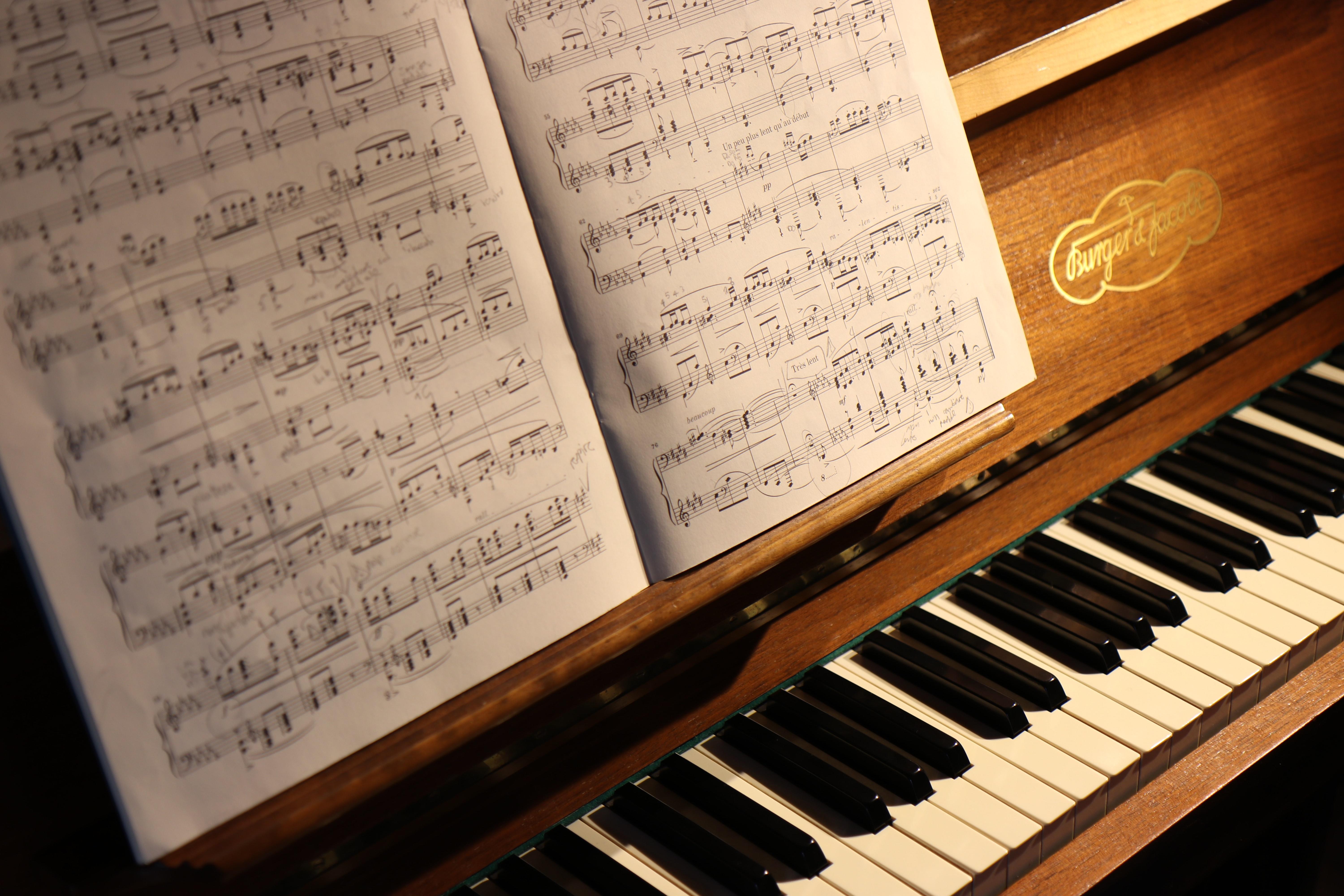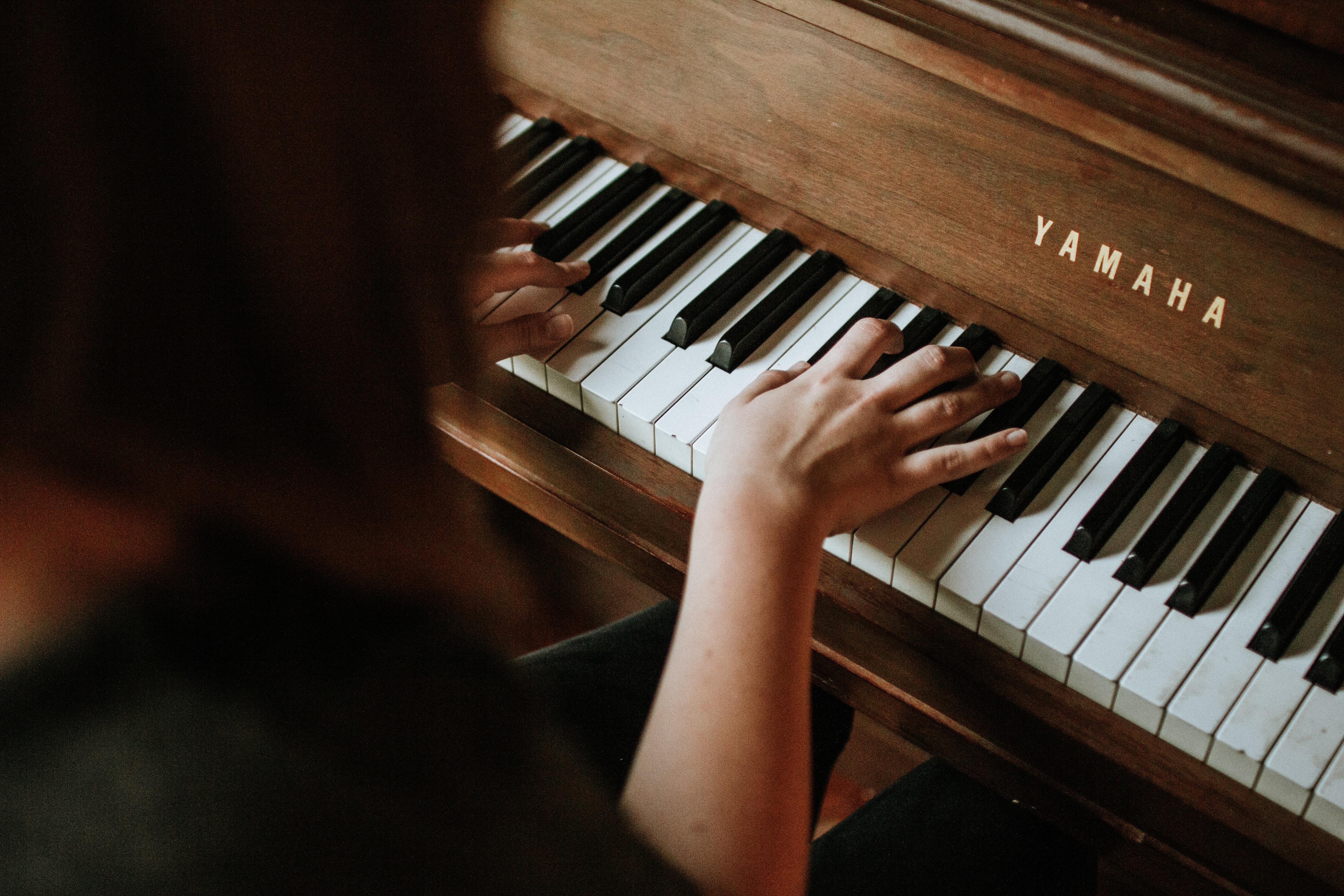Quick: can you name a famous Australian piano player? How about Geoffrey Lancaster, the classical pianist? Is jazz more your style? You must know about Bob Sedergreen, then. Or how about a frisky rumba, à la Arthur Benjamin?
Time for a confession, now. I too had to look up famous Australian names in piano. We shouldn't beat ourselves up for not having them on the tips of our tongues, though. Often, we delight in a composer's music or a player's rendition without giving much thought to the person bringing us the joy we feel.
Usually, the musicians of renown are famous by design. They work at getting their brand out there. By contrast, artists who value their art more than personal recognition tend to keep their names out of the press. Thus, you may have heard a Lancaster composition or a Benjamin piece. But you might not have known who composed or played it.
That's the type of piano player who submits to the most intense review and scrutiny of their skills. They spend years perfecting their craft. And they check themselves along the way through their working relationship with music examination boards.
Di Bresciani, an accomplished pianist, is just one of the Australian Music Examination Board's (AMEB) alumni. Besides her artistry on the piano, she's a talented painter with several exhibitions to her credit. She also conducts AMEB piano grade examinations. She is familiar with the information we share about piano grades.

How Many Piano Grades Are There?
We have to understand how music examinations came to be before we can dive into AMEB's grade structure. It all started when the five Royal Colleges of Music in the United Kingdom united under one banner. The Associated Board of the Royal Schools of Music (ABRSM) was established in October 1889. Conducting music exams was and still is their mission.
The ABRSM is the most influential music examination board but not the first to be established. That honour goes to the Royal Conservatory of Music (RCM) in Toronto, Canada. It was founded in 1886, primarily to standardise training for singers and musicians. Their secondary goal was to instil the love of music in young students.
Find piano lessons Melbourne or any other city on Superprof.
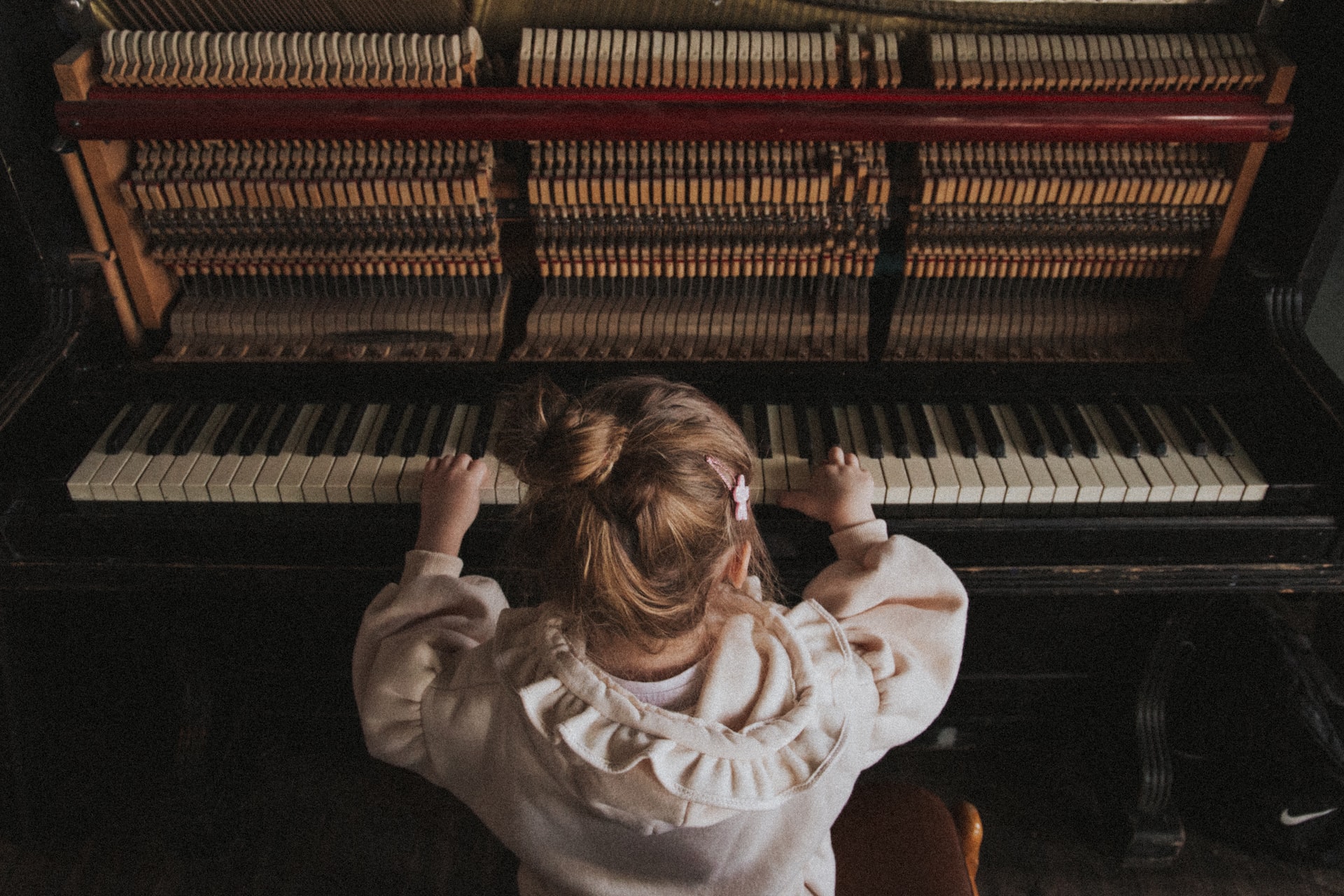
Trinity College London (TCL) is the third most influential music examinations board. Though located in London, as ABRSM is, TCL is not one of that board's four Royal Colleges of Music. TCL also predates the ABRSM. This board offered its first music proficiency exams in 1877.
The AMEB got its start much later. Though the Universities of Melbourne and Adelaide started qualifying musicians as early as 1887, Australia did not have a national body of music examiners until 1918. The AMEB's founders had the good sense to not try to reinvent the wheel. They patterned their examinations board after the ABRSM.
All of these exam boards test piano students across eight grades save for RCM, which boasts 10 grades. The AMEB further categorises piano students into two levels comprising Primary to Grade 4 for Level 1 and Grades 5-8 as Level 2. The ABRSM does not formally recognise these levels, although they mirror the AMEB's criteria for testing. Find out what those criteria are in our full-length article on AMEB grades.
Can You Skip a Piano Grade?
Exam board grades are meant to be progressive. To wit, the AMEB's Grade 8 syllabus builds on Grade 7's, which builds on the sixth Grade's - and so on. That would imply that skipping a grade would make it more difficult to grasp the concepts presented in higher grades.
Let's be clear: grade examinations are not simply playing the piano. These grades incorporate studies in musical theory, history and more. To move up in grade, piano players should sit a written examination and perform a selection of pieces. This process ensures musicians' comprehensive, progressive development.
Up to Grade 4, piano students may skip grade exams. Opting to skip an exam calls for the student to display mastery of their current grade's syllabus concepts. They should also be able to play compositions suitable for their current grade with relative ease. Their piano instructor should raise the question of skipping a grade exam only after discussing the possibility with the student and their caregivers, if applicable.
Learn from anywhere when you take piano lessons online with Superprof.
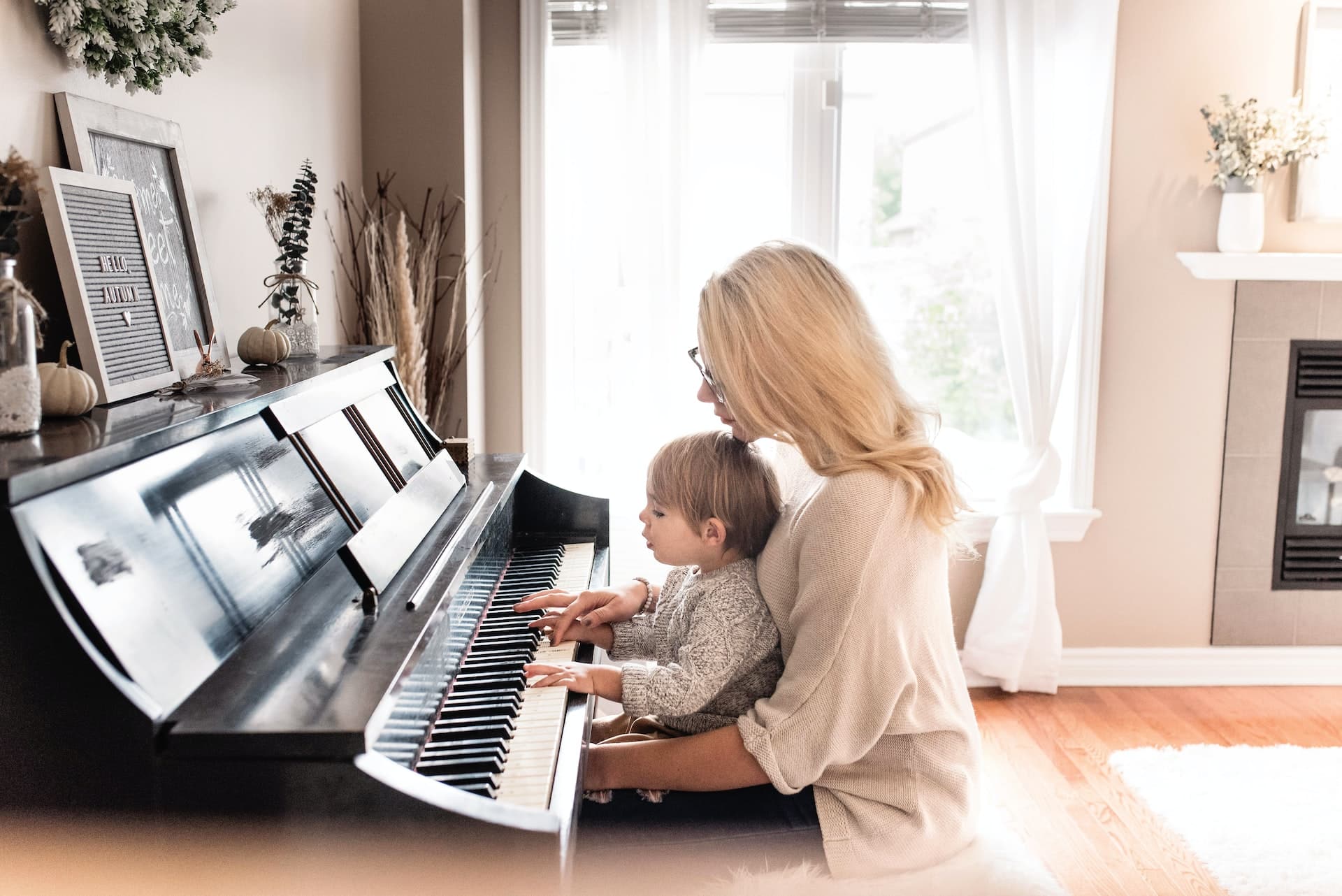
The Grade 5 exam is compulsory, and it may include questions about musical theory. Such queries don't feature on lower Grade exams but that doesn't mean that Level 1 piano students learn no musical theory. They're just not tested on that knowledge until Grade 6. That grade's exam counts musical theory as an additional requirement.
Musical theory alone makes the case for not skipping a grade. Grade work is cumulative, as mentioned above. Unless the piano player is exceptionally adept at self-study, they may lack the discipline and understanding to explore musical theory in-depth. Despite that, it is possible to skip a grade in music.
How to Earn a Distinction On Piano Exams
Obviously, playing the piano well enough to meet the grade's syllabus objectives is an essential part of every grade exam. Piano students manage that feat by learning a practising increasingly complex pieces for up to a year. When they and their piano instructor feel they are ready for their exam, they will choose a few pieces from the AMEB's approved lists of musical selections.
Players in the lower grades only need to choose one selection from three of the AMEB's four lists. More advanced pupils have to play a minimum of one piece from each of the board's lists. They may need to play a couple more selections to meet their time requirement, as well.
Should a piano player fall short of expectations on their exams, their performance may be rated as not satisfactory. If a student fails to meet the time requirements or not sit the written portion of the exam, the board will be unable to assess their mastery. Conversely, students may pass with varying degrees of merit, from Credit to Distinction.
The written exam is half of each grade's assessment. This exam is pass/fail. The passing threshold is 65%. Should they score below that mark, their work may be found unsatisfactory. As with the piano exams, anything above that mark is accorded a Pass with Credit (75%) or a Pass with Honours (85%). Candidates who ace the exam (score a 95% or better) are accorded a Pass with High Distinction.
Steps to Prepare for Your Piano Exam
The best way to prepare for anything is to know roughly what to expect. As you're getting ready for a piano exam, you know what to expect playing the piano. Also, as mentioned above, these grade exams have a written component. So, you'll have to develop theoretical and practical knowledge of music and piano playing.
Now that you know what's expected of you, you should look for someone to guide you to those objectives. Your piano instructor might recommend a slightly more advanced pupil to practise with. Or you could hire a private piano tutor. You may even enjoy piano practice with a piano tutor online. It would be best if you found a tutor who knows the AMEB examination system. Superprof has over 350 piano tutors, many of whom have such experience.

Your piano instructor and private piano tutor will help you become familiar with the pieces you're expected to play. They may cover general knowledge and musical theory as a separate lesson. Conversely, some teachers prefer to spend half the practice session at the piano and the other half on the theoretical components.
Depending on which grade exam you're preparing for, you may further have to work on your sight reading and aural skills. Note that, while you can practise your scales and study general knowledge on your own, it will be much more difficult to hone these additional skills by yourself. That's another reason why it's good to have a study buddy. Why not try starting or finishing the learning session with aural or sight reading exercises?
This learning partner can run mock exams with you, too. You might think of a mock exam as a dress rehearsal for your performance in front of the AMEB's examiners. You don't have to wear your show clothes when you do a mock exam but everything else should be done as though you were in the exam room.
There's a level of etiquette expected from exam candidates. For instance, they should announce each piece before they start playing it. They should turn to face their examiner when they make those announcements. And they should maintain good posture and proper form.
This leads us to our final, and perhaps most important tip to prepare for your piano exam: build your confidence. Your piano skills aside, exam anxiety is a phenomenon that can derail even the most talented players. In itself, playing the piano builds a measure of confidence. You have to maintain a confident posture and play with authority, after all. Still, a case of the nerves could skew all your efforts. There's less of a chance of that happening if you follow all of these tips.
Practise with a professional piano teacher when you search for piano lessons on Superprof.
Summarise with AI:

